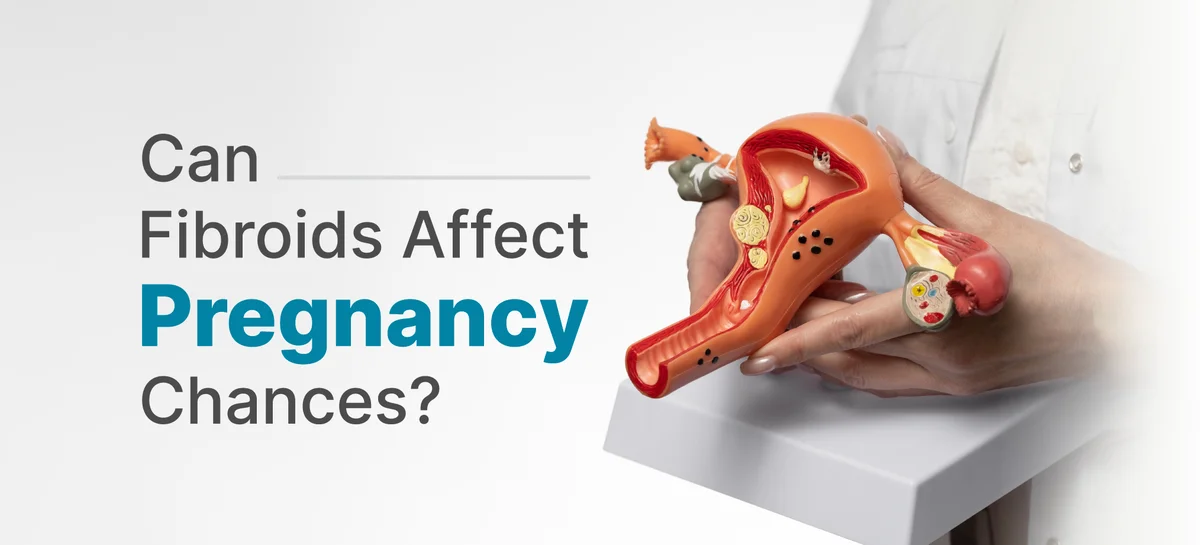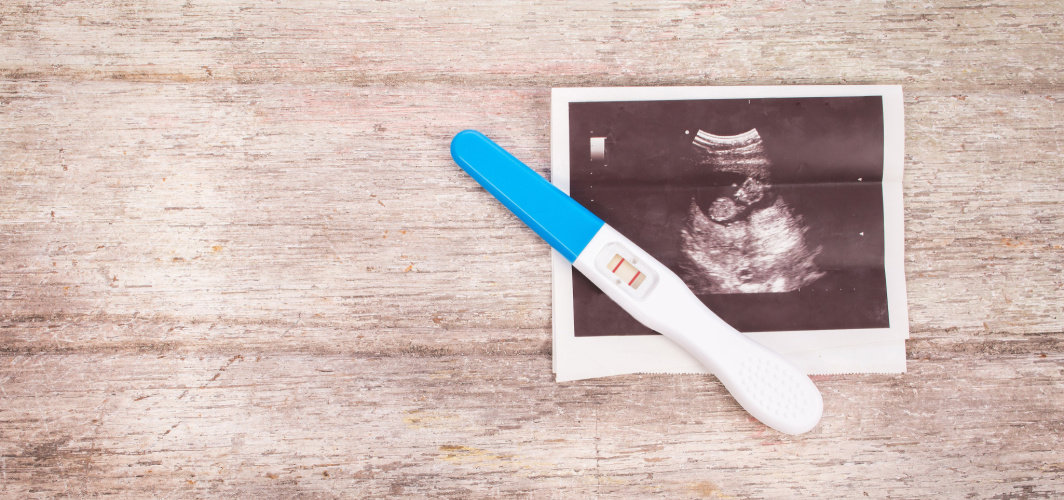- Home
- Blog
- Women Care
Do All Fibroids Need Surgery?
Women Care
Do All Fibroids Need Surgery?
By Apollo 24|7, Published on- 29 November 2022, Updated on -27 January 2023
Share this article
0
0 like

No! Most fibroids are neither malignant nor symptomatic. Therefore, you have multiple treatment options including but not limited to surgery.
Typically, the treatment options for fibroids can be divided into three.
- Wait & Watch - This is mostly for the cases where the fibroid is discovered accidentally in a routine checkup but poses no threat or symptom. In such a case, doctors usually suggest a wait-and-watch approach until the fibroid turns symptomatic or hampers your quality of life in any manner evident.
- Hormonal Medications - These medications and devices help relieve fibroid pain by temporarily blocking the release of both estrogen and progesterone. As a result, you hit a temporary menopause where the menstruation stops, fibroids shrink and the anaemia can be effectively reversed. If needed, they may also be paired with pain relievers to help regulate extreme cramping and pelvic pain. They are a great alternative option if the fibroids are non-malignant and the pain is mostly mild in nature.
- Surgery- If the pain turns severe, the fibroids turn malignant, or their presence hampers your quality of life in any manner evident, surgery may be suggested. However, “which” and “when”, varies from case to case owing to the case’s severity, the patient’s fertility goals, and her personal choice and comfort.
Therefore, you are mostly free to choose if you wish to have them removed or not.
Is Surgery a Good Option for Fibroids?
Yes. Since medications only relieve symptoms while you are using them, a lot of women who experience intense pain and significant monthly bleeding ultimately decide to have surgery. It is performed in the hope that it will permanently stop the uterine fibroids symptoms. And in truth, most women do get long-lasting relief. But as with all surgeries, hazards are always present.
Typically, there are two types of surgeries for fibroid treatment-
- Myomectomy: This surgery removes only fibroids while keeping your uterus intact.
- Hysterectomy: This surgery removes your fibroids along with their carrying sac, that is, the uterus.
Both have their own benefits and drawbacks varying from case to case.
Myomectomy v/s Hysterectomy - Which is Better?
Both myomectomy and hysterectomy are great surgical recourse for treating severely painful fibroids. However, as signalled above, which one is better for you, depends on the individual case, fibroids' number, size, nature, the intensity of pain, your age, fertility goals, personal choices, etc.
Typically, a hysterectomy is the most suggested surgery option for women who have severe fibroids, suffer intense pain, and no longer plan to bear more children. By removing the entire sac, the doctors ensure that not only do they remove the fibroids, but also negate their chances of recurrence in the future.
However, the same may not be an appropriate surgical option for women who still desire to have children. In such cases, myomectomy is suggested. This surgery removes only the fibroids while keeping your uterus intact. And yes, while this does leave open the chances for recurrence, it also provides you substantial relief from the fibroid pain and an effective opportunity plus time for conception.
Can Fibroids Affect Your Chances of Getting Pregnant?
Yes, however not always. The details vary from case to case.
Depending on the size and where the fibroids are, some people may have trouble getting pregnant, especially if they are in the cavity or somewhere in the wall, says Dr Anuradha Panda, OB-GYN, Apollo Hospitals, Hyderabad. “But not all fibroids make a woman infertile,” she adds.
Nevertheless, if fibroids turn out to be the direct contributor to infertility, myomectomy can be suggested. As this surgery only removes the fibroids while keeping your uterus intact, it can be a great option for women struggling with fibroids, but wanting a child in future.
Your doctor may prescribe hormones like GnRH analogues many weeks before surgery. These artificial hormones in turn help reduce the fibroid’s shape and size. This is why the womb (uterus) can heal more quickly and surgeons can do surgery with tiny incisions (known as laparoscopic myomectomy or hysteroscopic myomectomy).
However, it's not a good idea to remove individual fibroids if doing so could result in excessive womb scarring or if there is a high danger of bleeding during or after surgery. Additionally, it is not always assured that the symptoms will get better after surgery. Then, a hysterectomy (the surgical removal of the womb) or perhaps another non-surgical therapeutic strategy like uterine artery embolization are options (UAE, sometimes also called uterine artery embolization or UFE). By blocking the uterine artery, the fibroid's blood supply is cut off.
Most of the time, fibroids are found during a normal pelvic exam by accident. Then ultrasound is used to find out how big they are and where they are located in the uterus. When it comes to the possibility of surgery, an MRI is used to find out more about fibroids and other conditions, Dr Panda
Final Note
The best course of action in making the decision to get operated on or not will depend much on your individual preferences, in addition to the medical conditions. The surgical alternatives you have will also rely on the surgical specialities and types that the surgeons offer. Therefore, it might be a good idea to get a second opinion if your hospital just offers one treatment or doesn't suggest alternatives.
To know more about fibroids and its treatment methods
Medically Reviewed by Dr. Dhanunjay Reddy B
Services
Women Care
Leave Comment
Services
Recommended for you

Women Care
Bladder Problems for Women: Causes and Treatments
Learn about the causes of bladder incontinence in women and its treatments. From urinary incontinence to urinary tract infections, this blog provides valuable information to help you understand and manage these issues effectively.

Women Care
Quit These Habits If You Wish To Conceive Easily
Healthy women have a higher chance of getting pregnant and giving birth to a healthy baby. Notably, habits like smoking, drinking alcohol and consuming too much caffeine can reduce your chances of becoming pregnant.

Women Care
5 Major Health Issues Every Woman Must Know
The majority of women ignore their health problems keeping family and career as their priority. But every woman must know about these 5 major health issues at various ages from teenage to pregnancy to old age.
Subscribe
Sign up for our free Health Library Daily Newsletter
Get doctor-approved health tips, news, and more.

